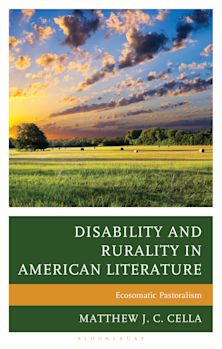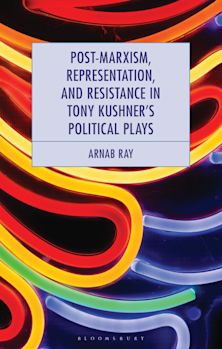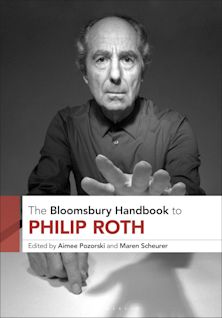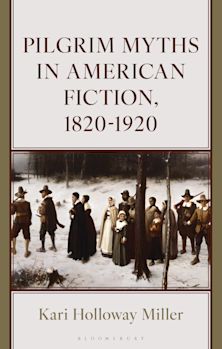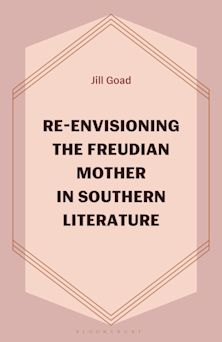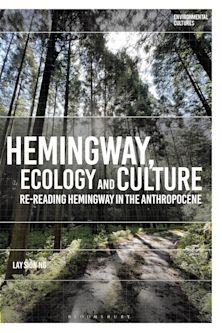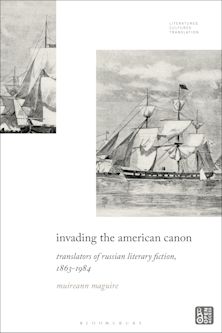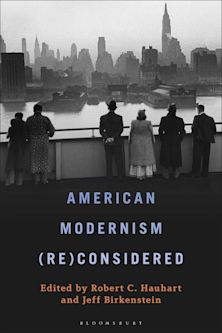- Home
- ACADEMIC
- Literary Studies
- North American and Caribbean Literature
- Uniting Blacks in a Raceless Nation
Uniting Blacks in a Raceless Nation
Blackness, Afro-Cuban Culture, and Mestizaje in the Prose and Poetry of Nicolás Guillén
Uniting Blacks in a Raceless Nation
Blackness, Afro-Cuban Culture, and Mestizaje in the Prose and Poetry of Nicolás Guillén
This product is usually dispatched within 3 days
- Delivery and returns info
-
Free CA delivery on orders $40 or over
You must sign in to add this item to your wishlist. Please sign in or create an account
Description
The Cuban writer Nicolás Guillén has traditionally been considered a poet of mestizaje, a term that, whilst denoting racial mixture, also refers to a homogenizing nationalist discourse that proclaims the harmonious nature of Cuban identity. Yet, many aspects of Guillén’s work enhance black Cuban and Afro-Cuban identities. Miguel Arnedo-Gómez explores this paradox in Guillén’s pre-Cuban Revolution writings placing them alongside contemporaneous intellectual discourses that feigned adherence to the homogenizing ideology whilst upholding black interests. On the basis of links with these and other 1930s Cuban discourses, Arnedo-Gómez shows Guillén’s work to contain a message of black unity aimed at the black middle classes. Furthermore, against a tendency to seek a single authorial consciousness—be it mulatto or based on a North American construction of blackness—Guillén’s prose and poetry are also characterized as a struggle for a viable identity in a socio-culturally heterogeneous society.
Table of Contents
Acknowledgments
Introduction:
Chapter One: Afro-Cuban Reformulations of Afrocubanismo and Mestizaje in 1930s Cuba
Chapter Two: Racism and the Myth of Racial Equality in Nicolás Guillén’s 1930s Essays on Racial Inequality
Chapter Three: Guillén’s Afro-Cuban Other and Black Intraracial Discrimination in Motivos de son
Chapter Four: The Search for a Mulatto Identity in Motivos de son, “Balada de los dos abuelos,” “El apellido,” and “Son número 6”
Chapter Five: Renegrifying Sóngoro Cosongo and “La canción del bongó”
Chapter Six: Guillén’s Black Masculinist Visions of the Mulata’s Cross-Racial Proclivities
Conclusion: Reaffirming the Afro-Cuban Subject, from Mestizaje to Heterogeneity
Bibliography
Index
About the Author
Product details
| Published | May 23 2019 |
|---|---|
| Format | Paperback |
| Edition | 1st |
| Extent | 324 |
| ISBN | 9781611487602 |
| Imprint | Bucknell University Press |
| Dimensions | 221 x 153 mm |
| Series | Bucknell Studies in Latin American Literature and Theory |
| Publisher | Bloomsbury Publishing |
About the contributors
Reviews
-
Uniting Blacks in a Raceless Nation is a fascinating study of the life and art of the national poet of a nation we considered an enemy until recently. This well-researched work sheds light on many unknown dimensions of his life, poetry, and struggle. Equally, it is a study of the black rights movement in Cuba and shows how advanced it was as compared to the United States. It is the best biography of Guillén. It is a required reading for black rights activists and scholars as well as poets and students of poetry.
The Washington Book Review
-
After reading this book, I must commend the author for his serious investigations into the development of anxiety in many Caribbean thinkers who reflect on the consequences of the meeting of several races in the Caribbean basin. Further, this book is an excellent contribution to many other books about Afro-Caribbean literature, and it is suitable for graduate and undergraduate students, as well as for academics who work on the complex theme of Cuban identity. [Translated from original Spanish]
Revista Iberoamericana















